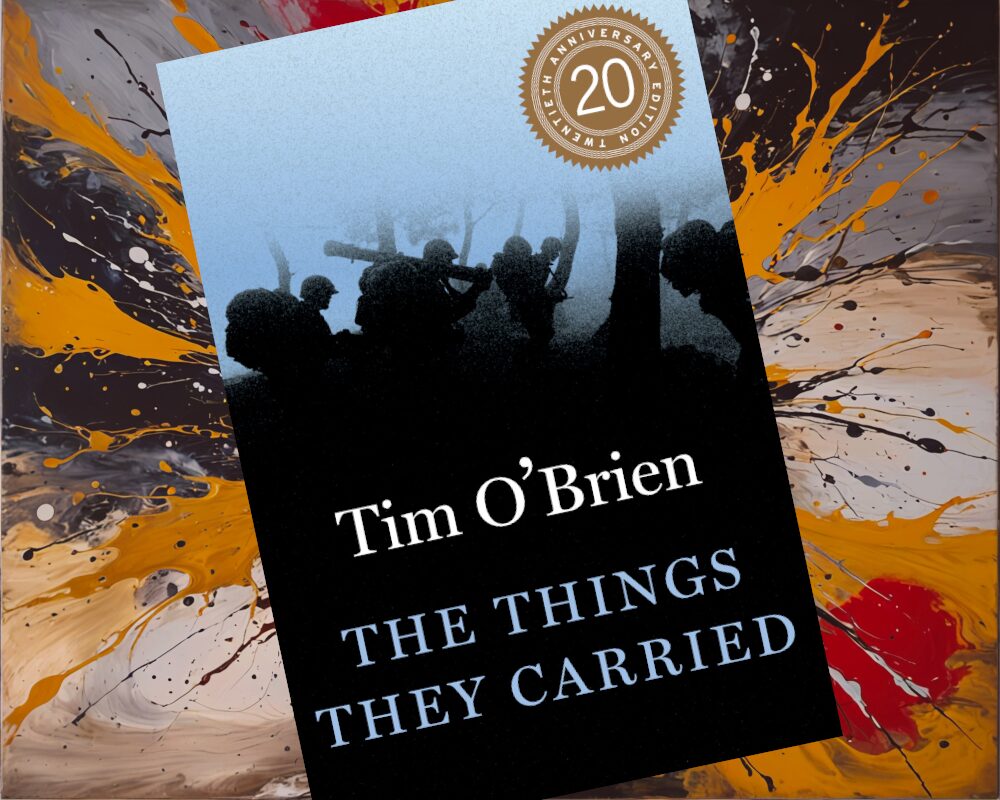
There is a long and detailed history of books about war that stretches back just about as far as the written word; name a big war in the past 3,000 years and it’s likely you can find a book that someone wrote about it. Sure, books like “The Iliad” or “The Histories” or “The Art of War” aren’t novels, but they do show that readers have always had an absolute fascination with fighting and death.
It’s hard to say what effect “The Things They Carried” by Tim O’Brien has on readers today. The Vietnam war was looked at differently 30 years ago when the book was published, and people my age — children, then — would have grown up hearing stories about it from relatives, making it fresher than it seems now. (Most of my students today wouldn’t be able to find Vietnam on a map, let alone discuss its psychological impact.)
Does “The Things They Carried” transport you to the jungles of Vietnam; does it let you feel the mosquito bites, the dampness in your socks, or the burn of chlamydia? Maybe not. But there are some absolute gut punches in here that are revealed as if in slow motion, showing Tim O’Brien’s understanding of how the literary conversation was evolving at the time.

You Can’t Ever Really Know Anything, Man
And of course the book doesn’t transport you there. One of the themes is that memory is fallible; we can’t trust what we put down on paper. It’s technically “fiction,” after all. Even if there are real people in it doing real things, it still carries that label — Tim O’Brien chooses to call it a work of fiction rather than a memoir. (Hearkening after Norman MacLean, maybe?)
In a postmodern sense, you can’t understand anything at all by reading a book.
Want to know what war is like? Join the army. Want to experience Vietnam? Buy a plane ticket. The only thing we’ll possibly be able to understand by reading “The Things They Carried” is what Tim O’Brien felt like when he was sitting at his typewriter, and we’ll only get a partial understanding of that.
You might disagree with it, but I bet Tim O’Brien agrees with me.
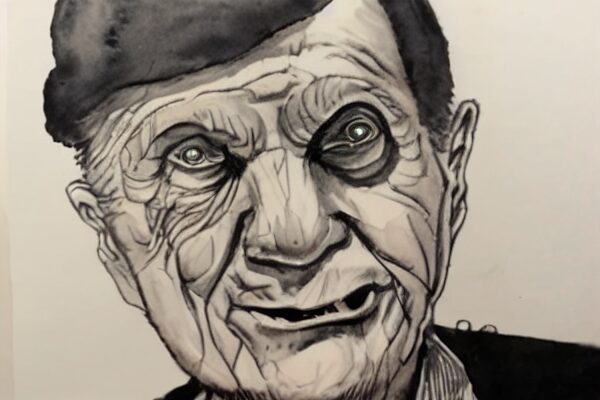
Don’t Drink The Milk
There are a few books that I’m not worried about “spoiling,” and “The Things They Carried” is one of them. It’s non-linear and only a breath away from being a short story collection, so telling you what’s happening on the last few pages won’t ruin anyone’s experience.
The reason I want to talk about the ending is this: O’Brien is right on the cutoff point for what I would consider to be a “current” author. I’m showing my age by saying so, but anything published before 1990 isn’t current — sorry “A Farewell to Arms” and “Catch-22,” you’ve been relegated to the realm of the “Classic.” “The Things They Carried,” though, is still quite sensible as a “modern” war novel (postmodern, really), and it has a particular effect upon modern readers.
A part of that is related to the ending, which flashes back to when the narrator was 9 and he had his first encounter with death — a girl he was “in love with” died of brain cancer, and the last chapter is an exploration of how dreams keep that little girl (and all his war buddies) alive in his mind. It’s an emotional twist of an ending considering the number of people who explode in the story.
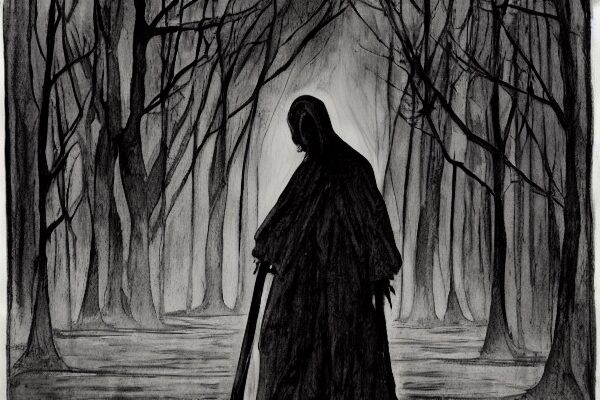
Death and Dreams
As you get closer to the final pages, you expect there to be some sort of violent climax. It’s a war novel, after all. Certainly there could be an action-packed thrill ride of an ending. People get shot and step on landmines and have their legs blown off and there must be a bridge somewhere that needs exploding — but the actual climax is this subtle little story about a girl who wears a red hat to cover her bald head and how little Timmy O’Brien hears on the playground one day that his girlfriend “kicked the bucket.”
It’s like that “My Girl” movie or one of those other horrible tales that only exist to make children confront death before they really need to.
More than the stories of his buddies drowning in a shit river, that last chapter about the girl in the red hat clings to you, especially if you’ve experienced that kind of significant loss. We all have those dreams, and they stick around for years and years and years. Enough to make you wonder if they ever really go away.
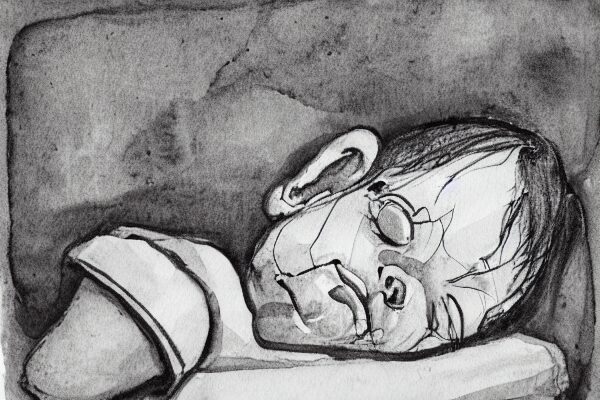
I still have dreams in which my mother is alive. Instead of being dead and cremated and poured into a box buried on a hillside, she’s instead “retired” from life and now lives in a facility somewhere. Like a facility for “dead” people; a post-hospice hospice. The same way cops turn in their badge and gun and uniform when they retire, Ellen has turned in her friends, her home, and her family. Death isn’t the end of existence, just the end of that existence.
In my dream, that’s what happens to old people. Instead of dying, a bunch of guys in white coats come get them and take them somewhere else. A retirement village for the dead. She has her own little room with a single bed and a TV with 13 channels.
She doesn’t have what you’d call a “life,” this woman. She follows a schedule that’s “the best thing for her, really.” She’s a shell of her former self, and all of us survivors — the men in her life who are still clinging to all this absurd bullshit we bumble through every day — are supposed to just let her exist in some sort of half-life of field trips and cafeteria meals and plastic bowling balls being rolled down long, carpeted hallways.
Every now and then, we run into her in the wild, out on the street. Like we’ll see her getting off a bus and heading into a museum with the rest of the “retired from life” folks. The same way you might see a group of students getting off a big, yellow school bus. I stop whatever I’m doing, I run over, I grab her by the shoulders and say, “What are you doing here? Why would you rather do … this than be a part of our lives? You’re being led around like a geriatric elephant that gets to go see all the other zoo animals!”
And someone, an orderly, a tough guy, will pull me aside and say, “Leave her alone. That’s just the way it is man. People gotta retire. And you gotta let ‘em alone.”
She looks at me and she sees me and she knows me but it doesn’t matter anymore. She’s moved on to a new phase of existence. This is her life now, and all of us are no longer a part of it. The whole world stands on a sidewalk in the sunshine and shrugs.
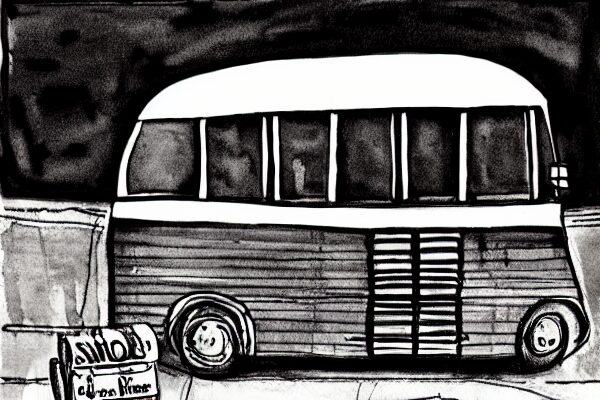
It’s odd for a war story to make you think about these things — dreams you have of dead people. People who didn’t blow up or get shot; people who disappeared in more common, even mundane ways. I don’t think even Hemingway would have had the balls to end a war novel like that. Joseph Heller might have, and Vonnegut probably thought Tim O’Brien was a-okay. But it hits you, that ending. All of it hits you, and even if it doesn’t really capture WAR, it captures something.
Me? I just wish I had different dreams. Better dreams.
Christ, I couldn’t dream her onto a beach or something? Texas, at least?